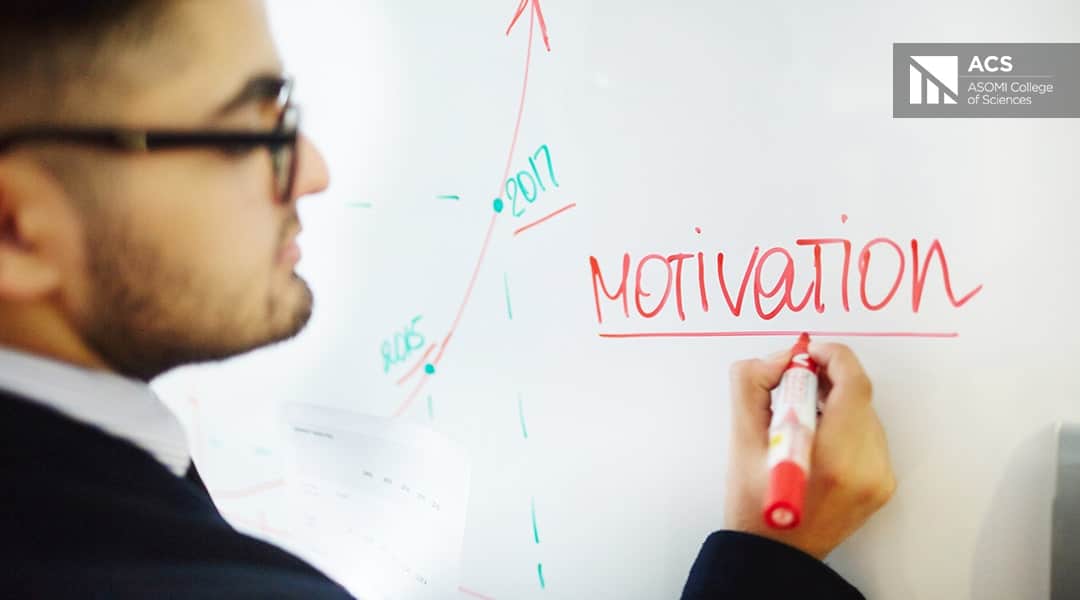Read about the importance of teamwork in the higher education
For what is coaching useful
Firstly, coaching is most important for the institutions as it lowers the dropout rates, but it is meant primarily for students. It can be centred on the immediate achievements in terms of university credit, but it can also concentrate on personal growth. No matter its type, universities and colleges should adopt a goal-oriented approach for setting up their coaching service.
Support schemes such as coaching should adopt a student-centred approach. The entire staff at universities and colleges should adopt the mentality of mentoring, at least to some extent; it is not right to think that students should use the facilities independently.
Why students quit their studies
It is known that most students quit their studies – either by withdrawing voluntarily or because they have dropped out – not because of a lack in their intellect but especially for the fact that they have not been able to adapt to the surrounding environment.
This discourse applies especially to the first-year students for whom the academic experience is as necessary as the environmental one. Surprisingly, this does not happen because of a lack of interest in studying caused by the students’ young age. While it is known that people in their teens do not think of education in terms of reaching a target, human beings usually achieve the goal-oriented mentality just in time they enrol in a university or a college.
So, even if the first-year students usually have a goal in mind, there are still some factors that influence the mentality of students, no matter the point they have reached in their educational path.

Students at risk
For instance, students without a relative who has had college or university experience are more likely not to consult coaching and/or mentoring services. Several factors might cause this; for instance, the relatives or parents of these students might not have encouraged their sons and daughters to seek help because they cannot evaluate the usefulness of this kind of facility. Therefore, mentors should be more proactive to these kinds of students.
Moreover, students often do not admit to having a problem. This happens because, for the lack of experience in this field, the students may not give enough importance to some alarming factors by realizing the gravity of their situation when it’s too late. To avoid this kind of unpleasant situation happening, it is the task of mentors to make students understand that they might have a problem there. Students might, of course, be asked to give feedback on the quality of the education they are provided. However, they should still consider that no one is perfect and that if a mentor recommends them to try coaching and mentoring facilities, then it is for their good.
Anyway, while the coaching for first-year students may include physical orientation, social interaction, and the learning processes, they are not the only ones needing help. Goal setting, priority setting, planning and organization are all topics that can be learned but difficult to reach when no assistance provided. All mentoring services should provide academic support and career counselling and role-modelling, and psychological support.
Therefore, based on what has been said before, in higher education institutions, academic integration has to go hand-in-hand with social and environmental integration for the best functioning of the entire system.
Academic advising VS coaching for personal growth
Some colleges and universities have united the principles of coaching and academic advising into one macro-sized facility. The main differences between the two are that, while coaching for (academic) performance is aimed at solving short term problems, coaching for personal growth is aimed at helping the students from a more holistic point of view. The latter aims to develop skills useful for the academic career and the job market, and life itself. The development coaching may thus include everything that goes from career counselling to psychological support. It is something that might be useful for self-awareness, insight gaining or purpose exploration. It helps students feel complete and in peace with their inner selves and the surrounding environment.
In terms of time and cost management, it may be difficult for higher education institutions to deal with both categories of coaching and mentoring. Still, it is necessary to improve the overall student experience and thus be a valid university or college. While establishing these kinds of facilities, it is essential to keep in mind both: the final goal (student experience) and the fact that these services should be student-centred because it is them that the mentoring is expected to help.




